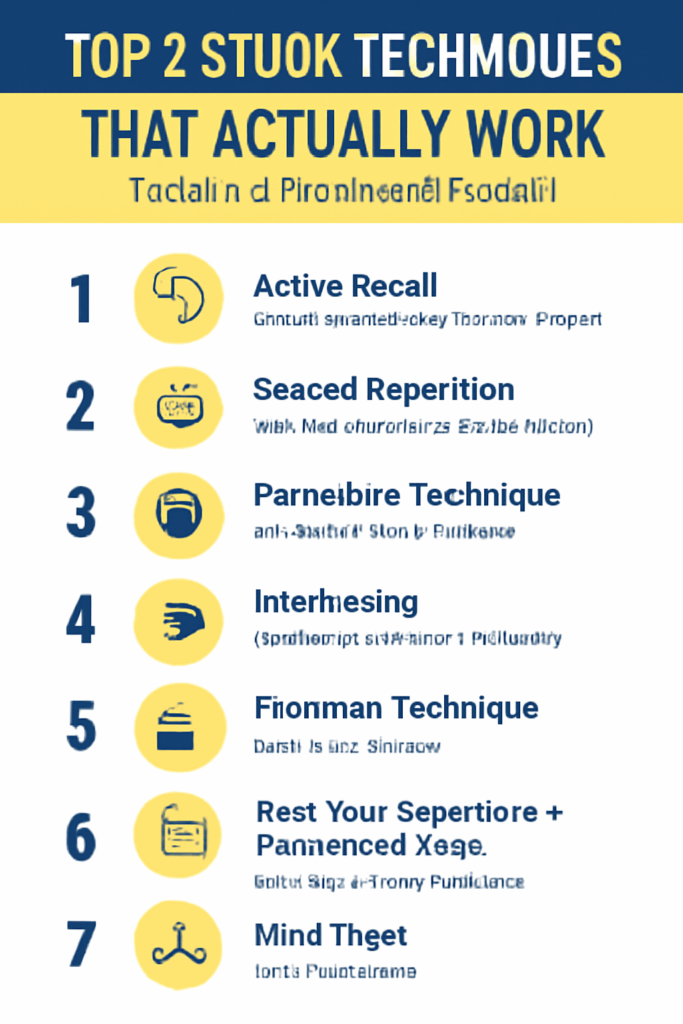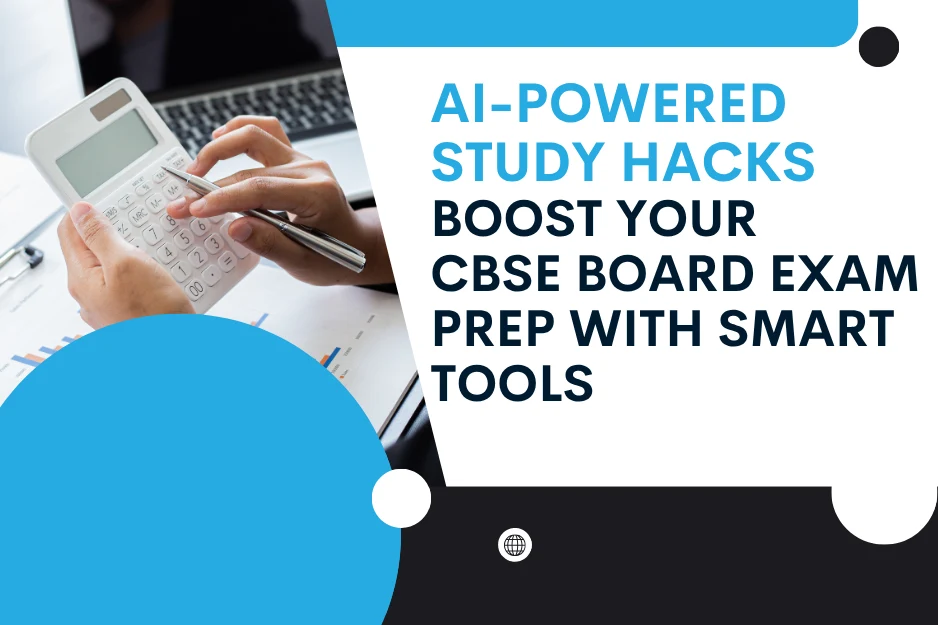How to Stay Focused and Motivated Throughout the Academic Year

(Especially for CBSE Class 10 & 12 Students)
Starting a new academic year is exciting—but let’s be honest: staying focused for all 10 months is a challenge.
Distractions increase, motivation drops mid-year, and before you know it, you’re behind on revisions or cramming the night before exams.
This blog is your step-by-step guide to building long-term focus and motivation throughout the CBSE school year — so you don’t just study hard, you study smart and finish strong.
📘 Why Students Lose Focus (And How to Prevent It)
| Problem | Why It Happens | Fix It With… |
|---|---|---|
| 🌀 Losing clarity | No defined goals | Monthly goals and checklists |
| 📱 Distractions | Mobile, multitasking | Focus rituals and app blockers |
| 🛑 Burnout | Overstudying without breaks | Balanced routines with downtime |
| 😩 Lack of results | No visible progress | Diagnostic tests to track growth |
| 💤 Boredom | Monotonous routine | Varying subjects and study methods |
🔑 1. Set a Clear Vision for the Year
Before you dive into study mode, ask yourself:
- Why do I want to score well?
- What career/stream am I aiming for?
- What do I want to feel on the day of the board result?
📌 Write it on a sticky note and keep it on your study table. That becomes your anchor for staying motivated.
📅 2. Use a Yearly Planner + Monthly Mini Goals
Break your syllabus into monthly chunks using a planner or printable calendar.
✅ Example:
- April: Complete 2 chapters each from Science & Maths
- May: Focus on NCERT Exemplar & application-based questions
- July: Begin revision of first-term topics
🎯 Tip: Use tools like [diagnosticassessment.in] to plan based on your weak areas, not the full syllabus blindly.
⏱️ 3. Follow the 45/15 Rule (Pomodoro Upgrade)
Study for 45 minutes
Break for 15 minutes
During the break:
- Stretch
- Hydrate
- Reflect on what you’ve studied
- Avoid screens
📈 This builds focus endurance without mental fatigue.
🧠 4. Keep Track of Progress Visually
Make your efforts visible:
- Use a study tracker (color in a box after completing a topic)
- Maintain a “🔥 Streak Log” — how many days in a row you studied
- Use habit tracker apps like Habitica or Notion templates
📊 Motivation grows when you can see your consistency.
🔁 5. Use Weekly Reflection Questions
At the end of every Sunday, ask:
- What 1 thing went well this week?
- What distracted me the most?
- What will I change next week?
🧠 Journaling = Mental decluttering. Keep your why in focus.
💬 6. Surround Yourself With Motivators
- Study with friends who keep you focused
- Follow educational pages and CBSE topper tips (not meme pages!)
- Place positive reminders near your desk (“I finish what I start!”)
“You’re the average of the 5 things you see or hear daily.”
🔎 7. Track Performance with Diagnostic Tests
Take a diagnostic test every 2–3 weeks on a chapter you studied. Use the results to:
- Celebrate improvement 🎉
- Identify weak spots 🔍
- Adjust your study plan 🗂️
✅ Visit [diagnosticassessment.in] for topic-wise tests + growth tracking.
📘 8. Use a “Motivation Board” (Toppers Do This!)
Pin up:
- Quotes that drive you
- Your dream college or goal
- A checklist of chapters to finish
- A photo of your proudest academic moment
🎯 Seeing your goals daily = staying connected to your purpose.
🧘 9. Guard Your Energy
Success is a long race, not a sprint.
- Sleep 7–8 hours
- Exercise 15–30 mins daily (even walking counts)
- Don’t skip meals—especially brain fuel like fruits, nuts, and water
- Take 1 no-study day/month to reset
🏁 Final Thoughts: The Secret Is Consistency, Not Intensity
📍 You don’t need 10 hours of study a day
📍 You don’t need to be perfect every week
📍 You just need to show up every day with a plan, purpose, and progress mindset
With focus + routine + reflection, you’ll never feel overwhelmed again.







Responses